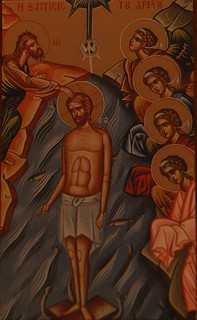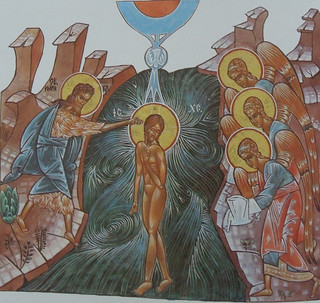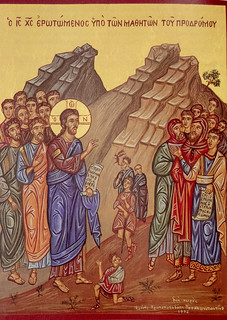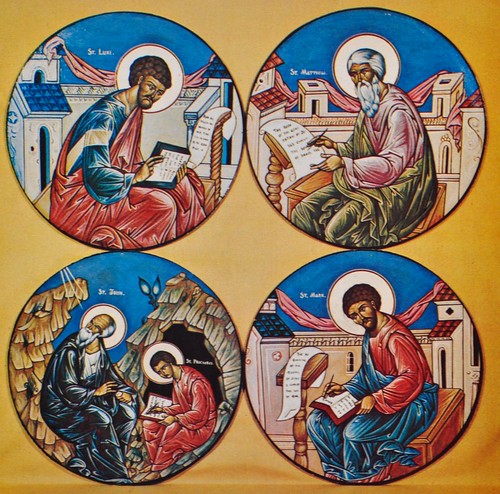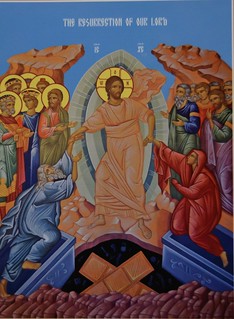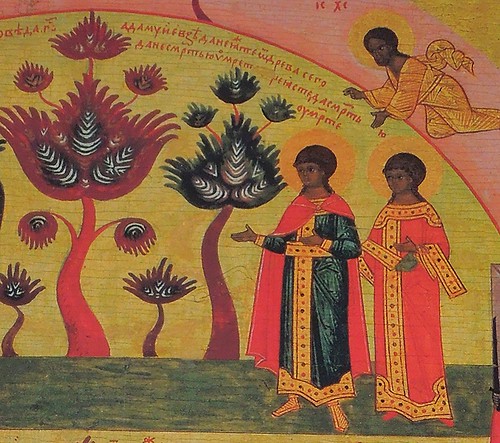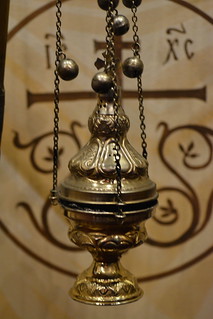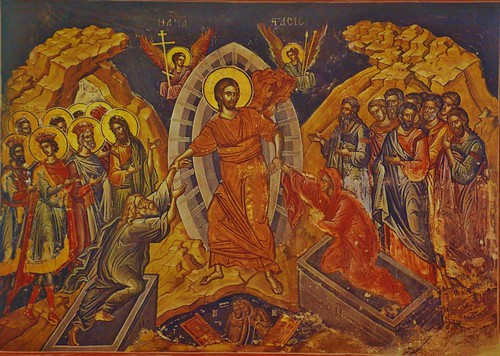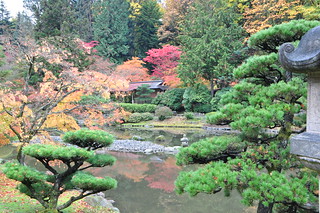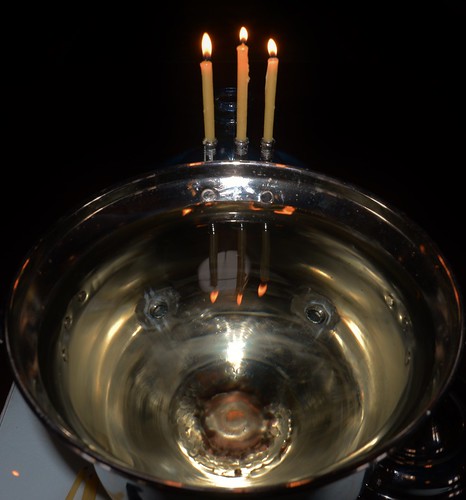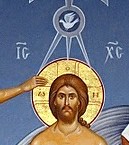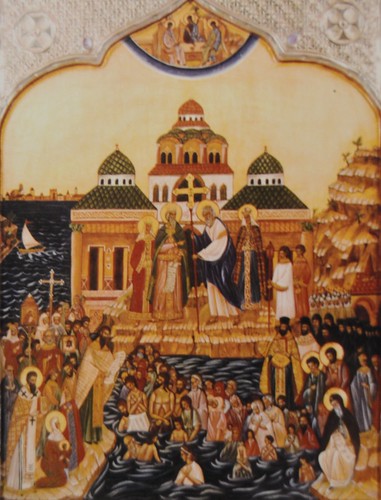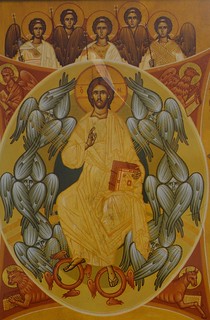Thoughts about the Feast of Theophany from St. Ephrem the Syrian:
“Ephrem’s second standpoint shows a more specific concern to associate Christ’s baptism with Christian baptism. In a remarkable hymn on Christ in the river Jordan and in the womb of Mary Ephrem links these two aspects: Christ’s baptism in ‘the womb’ of the Jordan looks back in time to His conception in Mary’s womb. Both wombs, Mary’s and the Jordan’s, by bearing Christ the Light, are clothed with light from His presence within them; Mary’s womb thus becomes the source of her own baptism, the Jordan’s womb becomes the fountainhead of Christian baptism:
The river in which Christ was baptized
conceived Him again symbolically;
the moist womb of the water
conceived Him in purity,
bore him in chastity,
made Him go up in glory.
In the pure womb of the river
you should recognize Mary, the daughter of humanity,
who conceived having known no man,
who gave birth without intercourse,
who brought up, through a gift,
The Lord of that gift.
As the Daystar in the river,
the Bright One in the tomb,
He shone forth on the mountain top
and gave brightness too in the womb;
He dazzled as He went up from the river,
gave illumination at His ascent.
The brightness which Moses put on
was wrapped on him from without.
whereas the river in which Christ was baptized
was clothed in light from within;
so too did Mary’s body, in which he resided,
gleam from within.
(Sebastian Brock, The Luminous Eye: The Spiritual World Vision of Saint Ephrem the Syrian, pp. 91-92)

